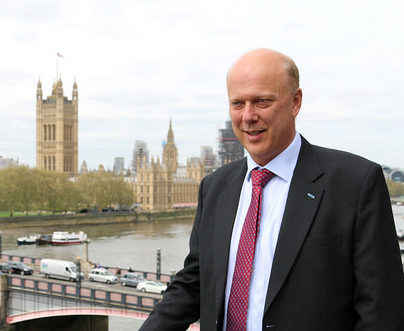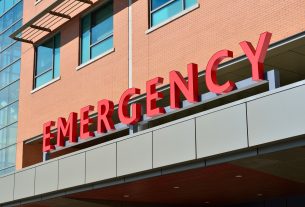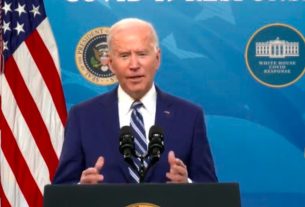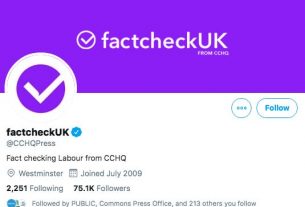Rail unions are to blame for spiralling fares due to their excessive pay demands, the Transport Secretary Chris Grayling said today.
As commuters were hit by a 3.1 per cent rise on their return to work today, Mr Grayling said unions demanded ‘higher pay rises than anyone else’ and went on strike to get them.
He told BBC Radio 4’s Today programme that the government had made ‘record investment’ in the UK’s rail network but unions had driven costs up.
Mr Grayling said: “Increases are higher than they should be because unions demand, with threats of national rail strikes if they don’t get them, higher pay rises than anybody else.”
His claim was described as ‘scandalous’ by Mick Cash, general secretary of The Rail, Maritime and Transport Union (RMT).
He accused Mr Grayling of trying to blame rail workers for problems caused by railway privatisation.
The latest fare rises are the highest in six years and led to hikes of an average of almost 3 per cent in Scotland and 3.1% in England and Wales.
Some annual season tickets have gone up by more than £100 at a time when rail punctuality figures are at their lowest level in 12 years.
In London, some fares will remain the same after Mayor Sadiq Khan froze Transport for London prices.
The government had tried to persuade train operators and unions to set pay and fare using a lower inflation measure, but this was rejected by the RMT.
The rail industry says 98p of every pound spent on a ticket is invested into the network, but the latest increase drew strong criticism from passenger groups.
There were also a series of passenger demonstrations against the rises at rail stations across the country.
Labour’s shadow transport secretary Andy McDonald said the rises were ‘an affront’ to passengers who had experienced ‘years of chaos on Britain’s railways.’
He demanded that the government freezes fares on the worst performing routes.
Mr Grayling told the Today programme that a new railcard will be available by September extending child fares to 16 and 17-year-olds in full-time education or training.
A new 26-30 discount railcard also went on sale today, costing £30 and promising to reduce fares by a third.
National Rail said demand for the new railcard had been very high, with online waiting times of more than an hour.




